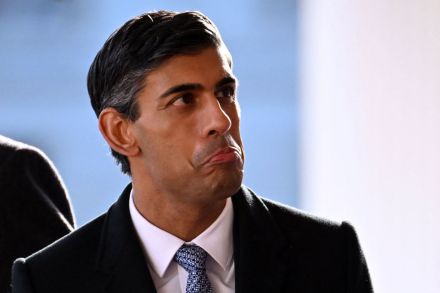The SNP’s howls of outrage at PMQs
Indyref dominated today’s PMQs. The Supreme Court has ruled out Nicola Sturgeon’s plan for a wildcat referendum, she must now proceed with Westminster’s blessing. Howls of outrage were heard from the SNP. Eight of its members stood up to complain that they felt trapped in the union against their will. Rarely have the Scots Nats made such a splash at PMQs and their exposure today did them no favours. When a party surges in popularity, the quality of its MPs declines and it’s clear that many safe Scottish seats have fallen into the hands of incompetent duffers. Few SNP members in Westminster can craft a memorable phrase. Some struggle to




















